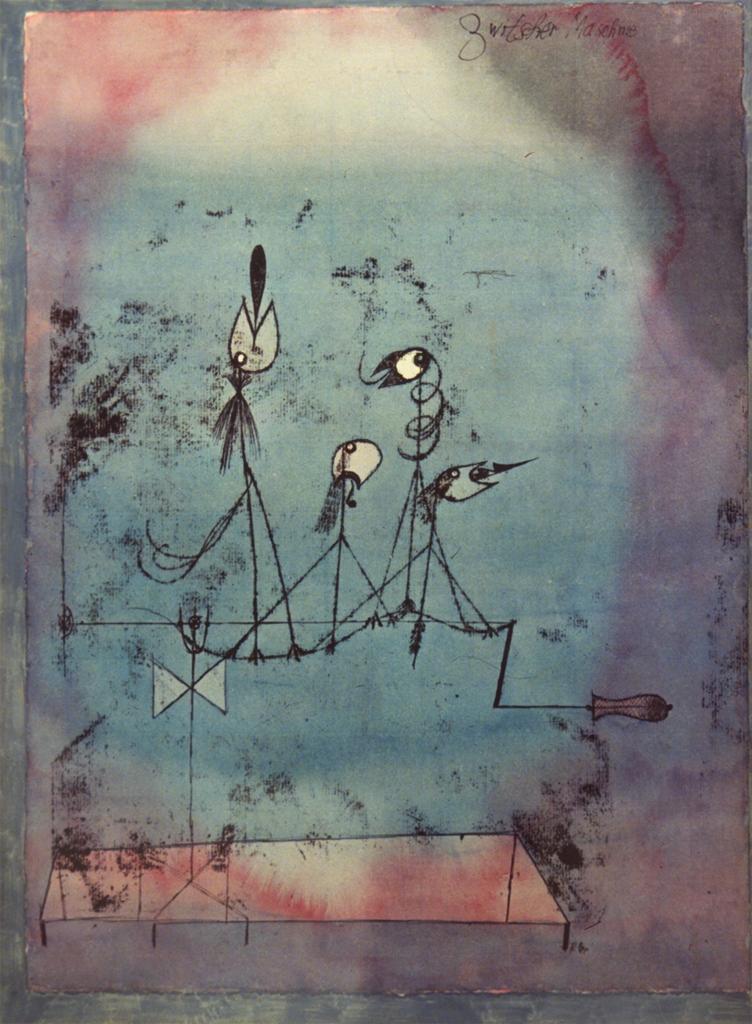The Ethics of Narrative
How do these pleasures fortify or enervate the body? Lighten, darken, or burden the mind?
The universal popularity of story promotes the presumption that it is good. (But nobody asks—Good for what?)
Everybody loves story—those who don’t are suspect.
A narrative without a moral is a contradiction in terms.
Because narrative bows to good and evil, it is dominated by childish morality.
Who benefits from narrative's partiality for conflict over harmony, action over contemplation, closure over uncertainty?
Narrative’s perverse preference for sad passions over joyful ones.
Happy endings are well and good, but a happy story is not much of a story.


drop
the
story